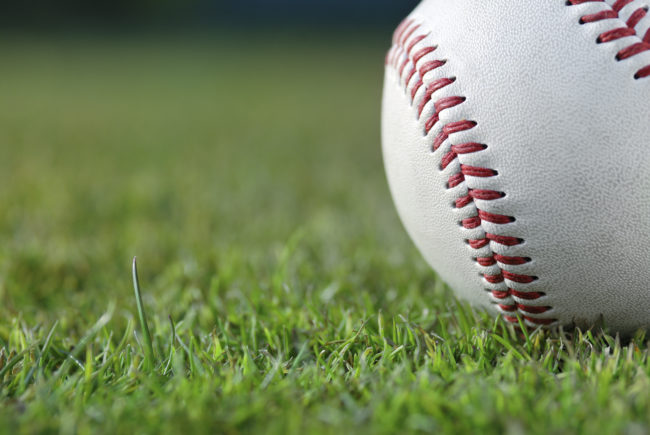A nonprofit disabilities-rights law firm filed a lawsuit on behalf of four disabled Seattle Mariners fans in October 2018 against the Mariners and the Washington State Major League Baseball Stadium Public Facilities District, which owns the team’s ballpark, T-Mobile Park. The four plaintiffs claim that the ballpark violated state and federal law, including the Americans with Disabilities Act of 1991 (ADA). These plaintiffs are Washington residents who claim they encountered issues with seating, food service, or access to certain parts of the stadium and endured “second-class treatment” when they attended games at the ballpark.
On June 11, 2019, both the Mariners and the Washington State Major League Baseball Stadium Public Facilities District urged a Washington court via summary judgement to consider that claims over poor sightlines and seat distribution “are complex accessibility matters that have evolved and have had varying and inconsistent interpretations over time.”
According to the initial complaint, nearly all wheelchair-accessible seats are distant from the field or have obstructed views compared to other seats Additionally, in the stadium’s 100-level, the only wheelchair accessible seat is located in the Diamond Club, where tickets cost up to $500. In addition, gaps in the floor are hazardous, some food service counters are too high, and some line areas are too narrow for fans in wheelchairs.
On Tuesday, the defendants contended that because the stadium was constructed in 1997, the ballpark qualifies as a “new construction” under ADA guidelines. Specifically, the stadium operators argued that “. . . the [ADA] statute’s aspirational goals do not permit the law to be stretched so as to retrospectively create material new design and construction requirements for a 20-year-old facility . . . .” The Mariners and the stadium authority assert that although they will make changes within the stadium to improve accessibility, the particular request by the plaintiffs for a better view for those who require wheelchairs is unfair given that ADA requirements for sightlines did not exist when the stadium was built in 1997.
However, the four disabled fans argue that the stadium must greatly increase the number of wheelchair accessible seats near the playing field, specifically those in the first 15 rows. Conrad Reynoldson, an attorney with the nonprofit firm Washington Civil and Disability Advocate, stated in 2018 that fans whom require wheelchairs “. . . can’t have the same experience of being in the front row where they can hear the players talking, can see the action . . . they just want to feel like they’re given the same opportunity to enjoy the game like anybody else.” An attorney for the plaintiffs said they plan to file a response to this new summary judgement with the court.
Increasing wheelchair seating in T-Mobile Park could involve an expensive renovation given the current seating structure, but the lawsuit seeks to require such alterations to grant all fans access to the same experience regardless of their disability status. We will continue to follow this case as it is still ongoing.

